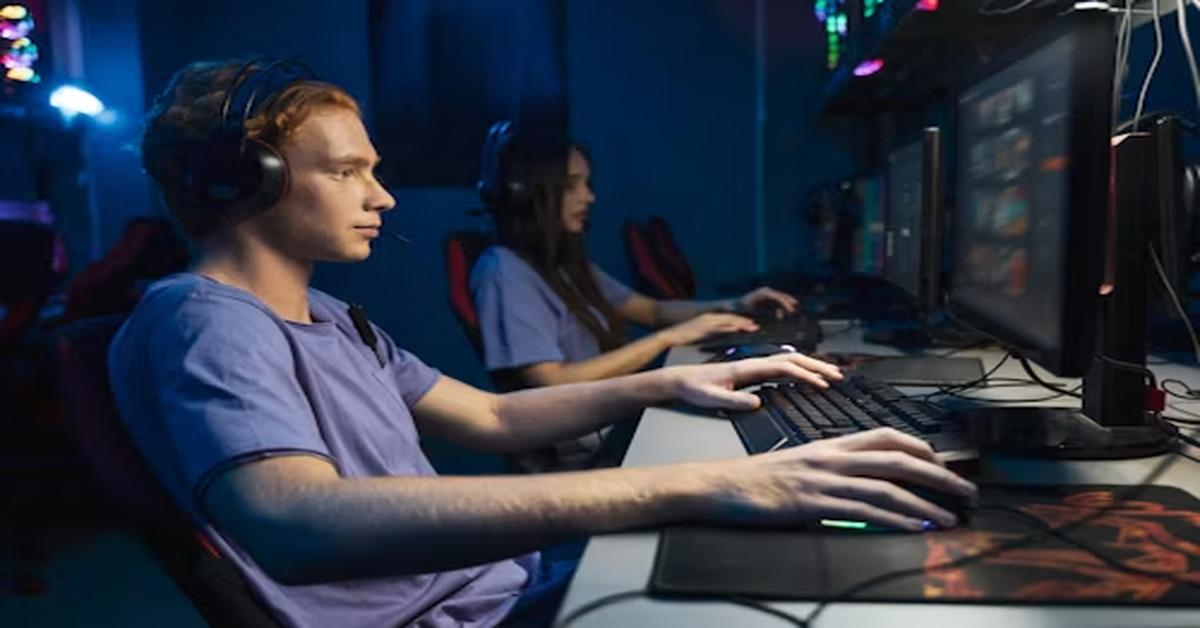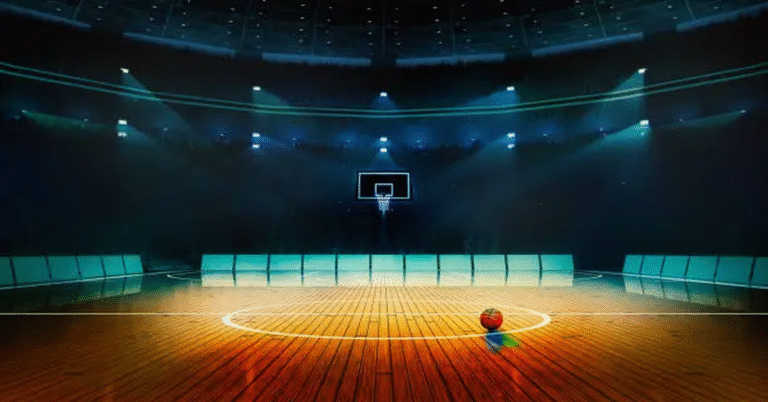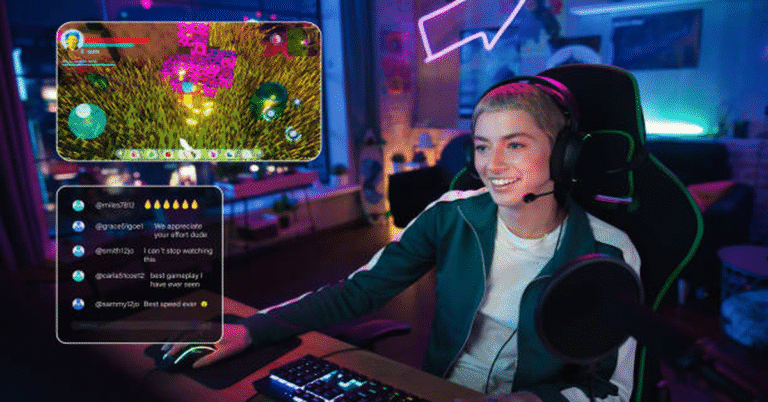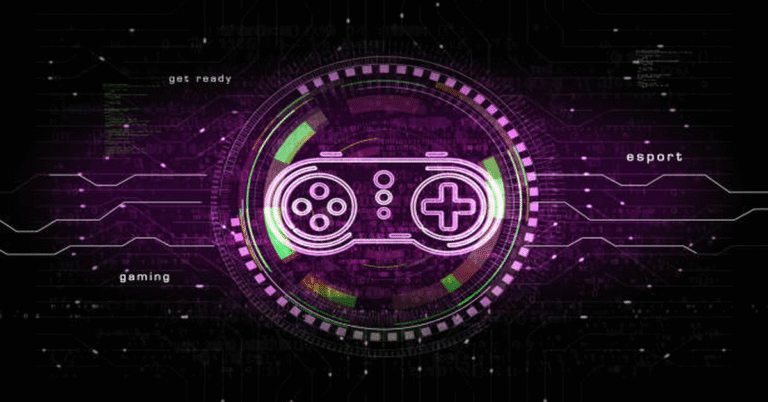
The concept of a “gamer challenger” is increasingly common in the world of competitive gaming and esports. It describes not just someone who plays games casually, but someone who approaches gaming with the intention of challenging themselves, others, or even the structure of the games they play. Unlike a casual player who may treat gaming purely as entertainment, a gamer challenger treats each session as an opportunity to learn, compete, improve, and eventually achieve mastery.
This article will serve as a comprehensive 3,000-word exploration of the gamer challenger concept. We will cover its definition, characteristics, levels of growth, skills required, the psychological aspects of competitive gaming, the structure of esports, and how aspiring challengers can navigate their journey from casual to professional. Along the way, we will also highlight the broader cultural impact of challenger-level gamers and how they influence the entire gaming industry.
1) Defining a Gamer Challenger
At its core, a gamer challenger is someone who:
- Strives to push beyond comfort zones in video games.
- Approaches gaming with a competitive spirit and a desire to excel.
- Sees each challenge (missions, ranked ladders, tournaments) as a test of skill and growth.
- Treats improvement not as an accident, but as the result of practice, reflection, and analysis.
Unlike casual players, challengers thrive on leaderboards, rankings, and achievements. They are motivated by progress and competition as much as by entertainment.
2) Traits of a Gamer Challenger
| Trait | Description |
|---|---|
| Discipline | Regular practice schedules, not random play sessions |
| Resilience | Bouncing back from losses instead of quitting |
| Adaptability | Learning new strategies, updates, and patches quickly |
| Teamwork | Collaborating effectively in team-based games |
| Analytical Thinking | Studying opponents, replays, and personal performance |
| Consistency | Maintaining performance under pressure |
A gamer challenger embodies the mindset of a professional athlete: driven by improvement, motivated by competition, and always striving for excellence.
3) Levels of Gamer Challenger Growth
Every gamer challenger follows a progression, often resembling the ranks found in esports or competitive gaming platforms.
| Level | Stage | Description |
|---|---|---|
| Beginner | Enthusiastic starter | Learns mechanics, experiments with styles |
| Intermediate | Growing competitor | Starts playing ranked games, tracks progress |
| Advanced | Skilled challenger | Studies strategies, builds routines, climbs leaderboards |
| Expert | Tournament-ready | Plays competitively in online events |
| Professional Challenger | Elite level | Represents teams, competes in esports tournaments |
Each level requires new skills and greater dedication. The leap from advanced to expert often separates hobbyists from true competitors.
4) The Skills Needed to Be a Gamer Challenger
Challenger-level gamers combine technical, mental, and interpersonal skills.
Technical Skills
- Reaction speed
- Precision and hand-eye coordination
- Mastery of controls and mechanics
- Map awareness and spatial intelligence
Mental Skills
- Focus and concentration under pressure
- Emotional regulation after setbacks
- Strategic planning
- Adaptation to evolving game metas
Interpersonal Skills
- Communication in team-based games
- Leadership and role flexibility
- Conflict resolution within squads
A balance of all three categories turns a regular gamer into a formidable challenger.
5) Mindset: The Challenger Psychology
A gamer challenger operates with a mindset rooted in growth and resilience. They embrace challenges rather than avoiding them, and they view failure as feedback. Key mental principles include:
- Growth over ego: Losses are lessons, not humiliations.
- Process-driven mindset: Improvement comes from consistency, not shortcuts.
- Confidence under pressure: Belief in skills even in high-stakes tournaments.
- Patience: Understanding that mastery takes years of effort.
6) Training and Practice Methods
Unlike casual players, challengers follow structured training routines. A typical routine may include:
| Training Element | Details |
|---|---|
| Warm-Up Drills | Reflex training, aim practice, reaction tests |
| Game Study | Watching professional matches, studying strategies |
| Replay Review | Analyzing mistakes, identifying patterns |
| Physical Conditioning | Hand exercises, posture training, eye care |
| Team Scrims | Practicing against other teams for real-time learning |
This approach transforms gaming into a discipline comparable to athletics.
7) Esports and the Challenger Tier
Esports titles such as League of Legends, Valorant, Dota 2, and Counter-Strike 2 have built-in challenger ranks. These ranks signify the top percentile of players and are highly respected.
Reaching this tier requires:
- Thousands of practice hours.
- Deep understanding of meta and mechanics.
- Psychological toughness for long ranked sessions.
Being a gamer challenger in these titles often opens doors to professional teams, sponsorships, and tournament invitations.
8) Challenges Faced by Gamer Challengers
The journey is not easy. Some common challenges include:
- Burnout: Long practice sessions can lead to exhaustion.
- Toxicity: Negative interactions in online communities can affect mental health.
- Financial Uncertainty: Not every challenger gamer earns money right away.
- Balancing Life: Education, relationships, and gaming commitments can clash.
- Pressure: High expectations from fans or teams can cause stress.
Overcoming these obstacles separates long-term challengers from those who burn out.
9) Community and Social Aspects
Gamer challengers thrive within communities. Discord groups, Twitch streaming, and fan forums provide spaces to share strategies, celebrate victories, and support each other. Communities also help newcomers learn from advanced players.
Many challengers become mentors or influencers, guiding the next generation while building personal brands.
10) Technology and Tools for Gamer Challengers
Modern challengers rely on advanced tools to maximize performance:
| Tool | Purpose |
|---|---|
| High-Refresh Monitors | Improve reaction time and visual clarity |
| Gaming Mice/Keyboards | Enhance precision and comfort |
| Headsets | Allow team communication and sound-based awareness |
| Performance Software | Track statistics, optimize strategies |
| Streaming Platforms | Build fan bases and analyze playthroughs |
Technology is a core enabler of challenger-level gaming.
11) The Role of Strategy in Gaming Challenges
Every gamer challenger understands that raw skill is not enough. Strategy often determines outcomes in competitive matches. This includes:
- Drafting team compositions in MOBAs.
- Controlling maps in FPS games.
- Managing economy in RTS titles.
- Timing abilities and resources for maximum effect.
Strategic depth transforms competitive gaming into an intellectual battle, not just a test of reflexes.
12) From Gamer Challenger to Esports Pro
The natural pathway for challengers is progression into professional esports. This transition involves:
- Joining amateur tournaments.
- Building visibility through streaming.
- Networking with teams and recruiters.
- Consistently ranking high in challenger tiers.
- Adopting professional habits like media management and sponsorship handling.
For many, this is the dream—turning gaming passion into a professional career.
13) Broader Cultural Impact of Gamer Challengers
Challenger-level gamers shape gaming culture:
- They push developers to balance and refine game mechanics.
- They set trends for strategies and playstyles.
- They inspire casual players to challenge themselves.
- They represent the competitive spirit of gaming globally.
Without gamer challengers, esports and modern gaming would lack the dynamism and aspiration that drive growth.
14) Comparative Table: Casual Gamer vs Gamer Challenger
| Aspect | Casual Gamer | Gamer Challenger |
|---|---|---|
| Motivation | Fun and relaxation | Growth and competition |
| Playtime | Sporadic | Structured, consistent |
| Focus | Entertainment | Improvement and mastery |
| Community | Limited interaction | Active in competitive groups |
| Outcome | Temporary enjoyment | Long-term achievement |
This comparison illustrates why challengers play such a pivotal role in shaping gaming ecosystems.
15) Future of Gamer Challengers
As gaming and esports expand, gamer challengers will become even more influential. Future trends include:
- AI Training Partners: Virtual opponents for skill practice.
- VR Competitions: New dimensions of physicality in gaming.
- Global Leagues: More opportunities for challengers worldwide.
- Hybrid Careers: Combining challenger gaming with content creation.
- Gamified Learning: Using challenger mindsets in education and training.
The future ensures that challenger gamers will remain at the heart of gaming culture.
Conclusion
A gamer challenger is far more than just a competitive player; it is someone who embraces discipline, growth, and resilience while striving to reach new heights in the gaming world. Their role extends beyond personal achievement, influencing community culture, esports ecosystems, and even the gaming industry itself.
The journey of a gamer challenger is not easy, but it is deeply rewarding. With structured practice, psychological resilience, strong communities, and the right tools, any player can embark on this path and push their limits to reach new heights in the gaming universe.
FAQs
1. What is a gamer challenger?
A gamer challenger is a player who approaches gaming with a competitive mindset, striving for growth, skill improvement, and high-level achievement.
2. How is a gamer challenger different from a casual gamer?
Unlike casual gamers, challengers follow structured training, focus on mastery, and often participate in ranked or tournament play.
3. Can anyone become a gamer challenger?
Yes. With discipline, consistent practice, and the right mindset, any gamer can evolve into a challenger-level competitor.
4. What challenges do gamer challengers face?
Common challenges include burnout, financial struggles, pressure, toxic communities, and balancing gaming with personal responsibilities.
5. Do gamer challengers always become esports professionals?
Not always. Some challengers transition into esports pros, while others become streamers, coaches, or influencers within the community.







